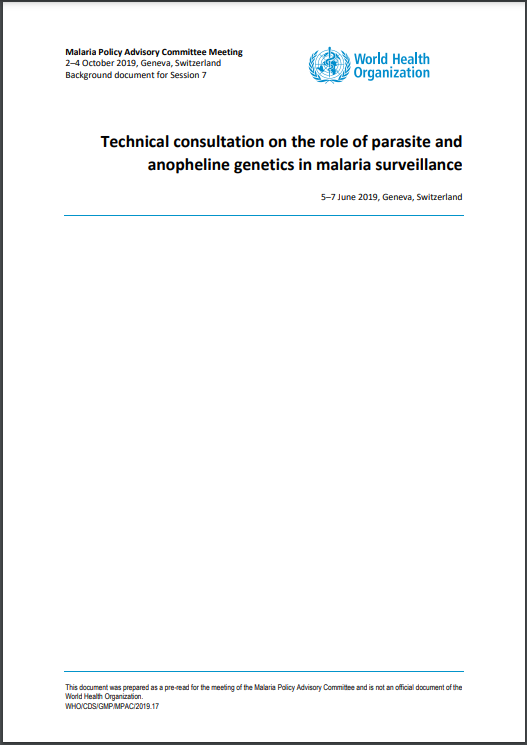Last Updated: 17/12/2024
Accelerating progress towards malaria eradication: working across global, regional, and national levels, and through operational research, to shrink the malaria map
Objectives
The three main objectives of this project are:
- To demonstrate an accelerated path to elimination;
- To generate evidence that malaria can be eliminated in diverse geopolitical and transmission zones, including Southern Africa and the Greater Mekong Sub-region; and
- To develop and test new malaria elimination strategies and tools.
University of California San Francisco (UCSF), United States
Evaluating reactive case detection methods for malaria elimination in Indonesia and Thailand
Evaluating the feasibility and effectiveness of Reactive Targeted Parasite Elimination vs. Reactive Case Detection as a community level intervention in response to a passively identified index case: a cluster randomised controlled trial in Namibia
Formative Assessment to Characterize Imported Malaria and Identify Strategies for Accessing High-Risk Mobile and Migrant Populations in Nepal
Transmission risk from imported Plasmodium vivax malaria in the China–Myanmar border region
Evaluating the Effectiveness and Feasibility of Reactive Focal Mass Drug Administration vs. Reactive Case Detection as a Community Level Intervention in Response to a Passively Identified Index Malaria Case in Swaziland
Nov 2013 — Dec 2016
$19.65M

